“I’ve played 15 official minutes, missed a penalty and they’re already killing me! So, I know what to expect.”
Or so Alvaro Morata thought he did just after he joined Chelsea. The Spaniard seemed a perfect signing for the Blues in the summer of 2017.
He arrived in England off the back of a season that saw him involved in a Real Madrid goal every 65 minutes, in La Liga and the Champions League. He won both those competitions that year, as well as the UEFA Super Cup and the FIFA Club World Cup, but he wasn't satisfied.
"I had to leave Real Madrid,” Morata said. “It was a personal decision and one to do with sporting ambition. I left because I want to triumph in football and do impressive things."
He seemed to have all the tools required to succeed: the motivation to prove himself as a starter, the experience at the highest level and a winning mentality, having picked up 13 trophies at Real Madrid and Juventus.
Next Match
Things started well, too. Morata netted nine goals in his first 15 Premier League games, alongside four assists, and his praises were being sung.
Fernando Torres called him "one of the best strikers in Europe", Alan Shearer highlighted how his "excellent" start had silenced doubts after Diego Costa's departure and Antonio Conte called him a “complete player.”
So where did it all go wrong?
Morata seemed to have successfully navigated the concerns over whether he could go from super sub to super starter, something that plagued Edin Dzeko’s time at Manchester City and is currently troubling Paco Alcacer at Borussia Dortmund.
However, this was a player who had started just 49 of his 126 league appearances before joining Chelsea. As Christmas came around, without a winter break that he had become accustomed to, the Spaniard started to pick up injuries.
But returning to fitness wasn’t the problem, it was returning to form.
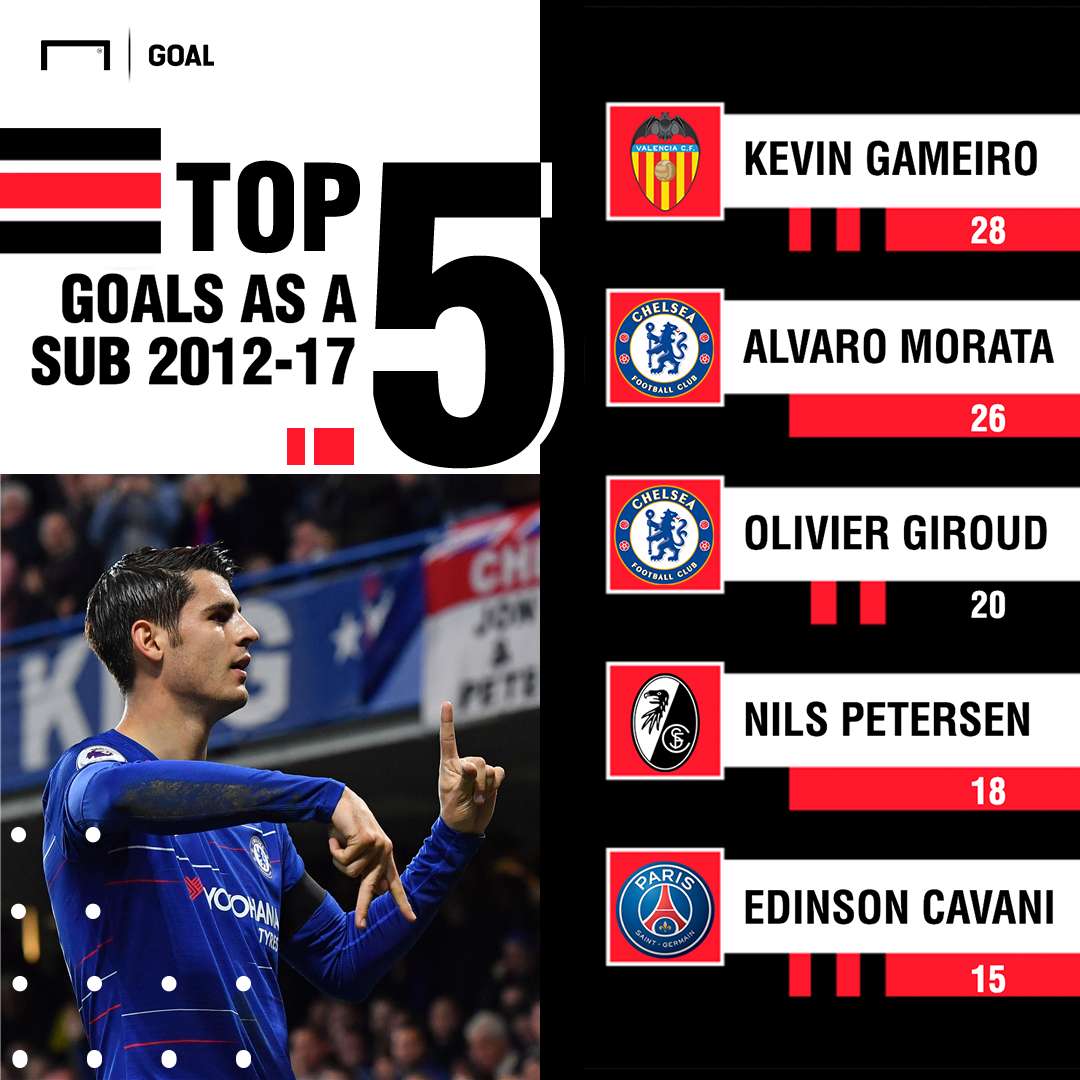
“The injury, it killed me," he told The Guardian, discussing issues he faced in the second half of his first season in England. "When you are trying to give your best and you are not in your best moment, it’s difficult.”
It wasn’t the first time he had discussed his mentality affecting his performance. In the previous season, at Real Madrid, he told The Guardian: “People think we’re machines; they don’t realise that behind a bad run there’s almost always a personal problem, some family issue,” he says. “You have feelings, you make mistakes, you’re a person.”
It was, however, the first hint that the pressure of finally being the first-choice striker was getting to him, and further hints would come.
Conte had already called for Morata to add more aggression to his “polite” demeanour, before new boss Maurizio Sarri came in and said: “He is a little bit fragile, from the mental point of view.”
It all fused with the pressure of a heavy price tag, moving to a new country with a new language and adapting to Conte’s style – “which is much more tactical and crazy,” he told Marca, admitting it was “asking [him] to do the opposite of what past coaches have asked.”
Sarri’s arrival looked to be something of a saviour for the Spaniard, who said: "His system is perfect for me, almost all the balls come to me when I'm in front of goal, and it's much better than when I was playing with my back to goal and had to turn around - that's not my game."
However, it’s been the same story and has resulted in him being pushed onto the bench, ready to be replaced by Gonzalo Higuain and ready to move on to Atletico Madrid.
The question is, does the problem lie beyond Morata, Conte and Sarri?
Chelsea’s recent record with strikers is not great. There are the likes of Jimmy Floyd Hasselbaink, Didier Drogba, Nicolas Anelka and Diego Costa who have been prolific scorers at Stamford Bridge, but for every success there are many failures.
See: Torres, Franco di Santo, Radamel Falcao, Michy Batshuayi, Alexandre Pato, Demba Ba, Andriy Shevchenko, Claudio Pizzaro, Hernan Crespo, Mateja Kezman and Adrian Mutu.
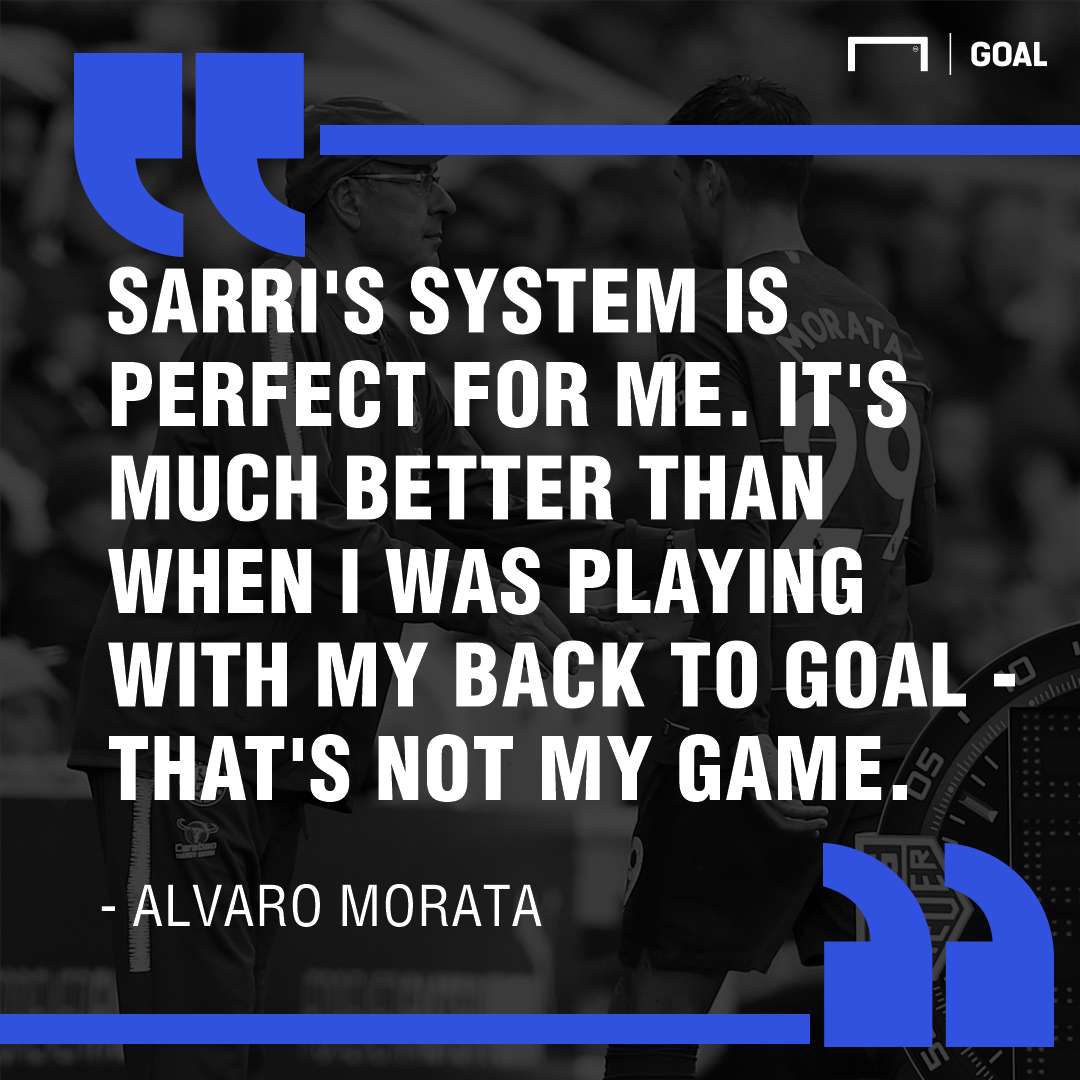
The common factor between those who have succeeded is that they are strong players, capable of holding up the ball for their teammates – goal-getters like Frank Lampard, Arjen Robben and Eden Hazard.
These good on-pitch relationships have then allowed them to get just as many goals, with the iconic partnership of Lampard and Drogba a prime example.
Rio Ferdinand hit the nail on the head when discussing Torres’ failures at the Bridge. “He needed to play counter-attack football,” he told BT Sport. “Chelsea played ball-retention football. It didn’t suit him. His hold-up play isn’t his strength. He hasn’t got a great touch. He’s more comfortable running on to things.”
It’s an explanation that can apply to most, if not all, of those listed above as having failed in west London - including Morata.
The fact is, Chelsea don’t need a prolific No.9 to win games and titles. They have continued to be successful even without one because they always have midfielders and wingers who contribute enough goals between them.
Lampard, Arjen Robben and Eden Hazard are the stand-out examples, While all were - or, in Hazard's case, have been - prolific throughout their time at Chelsea, they enjoyed their best spells in blue when complemented by strong strikers who could protect the ball while they got forward, before popping it off to them.
As Morata has said before, that isn’t his game. Yet, it is crucial criteria to meet in order to be one of very few successful Chelsea strikers.
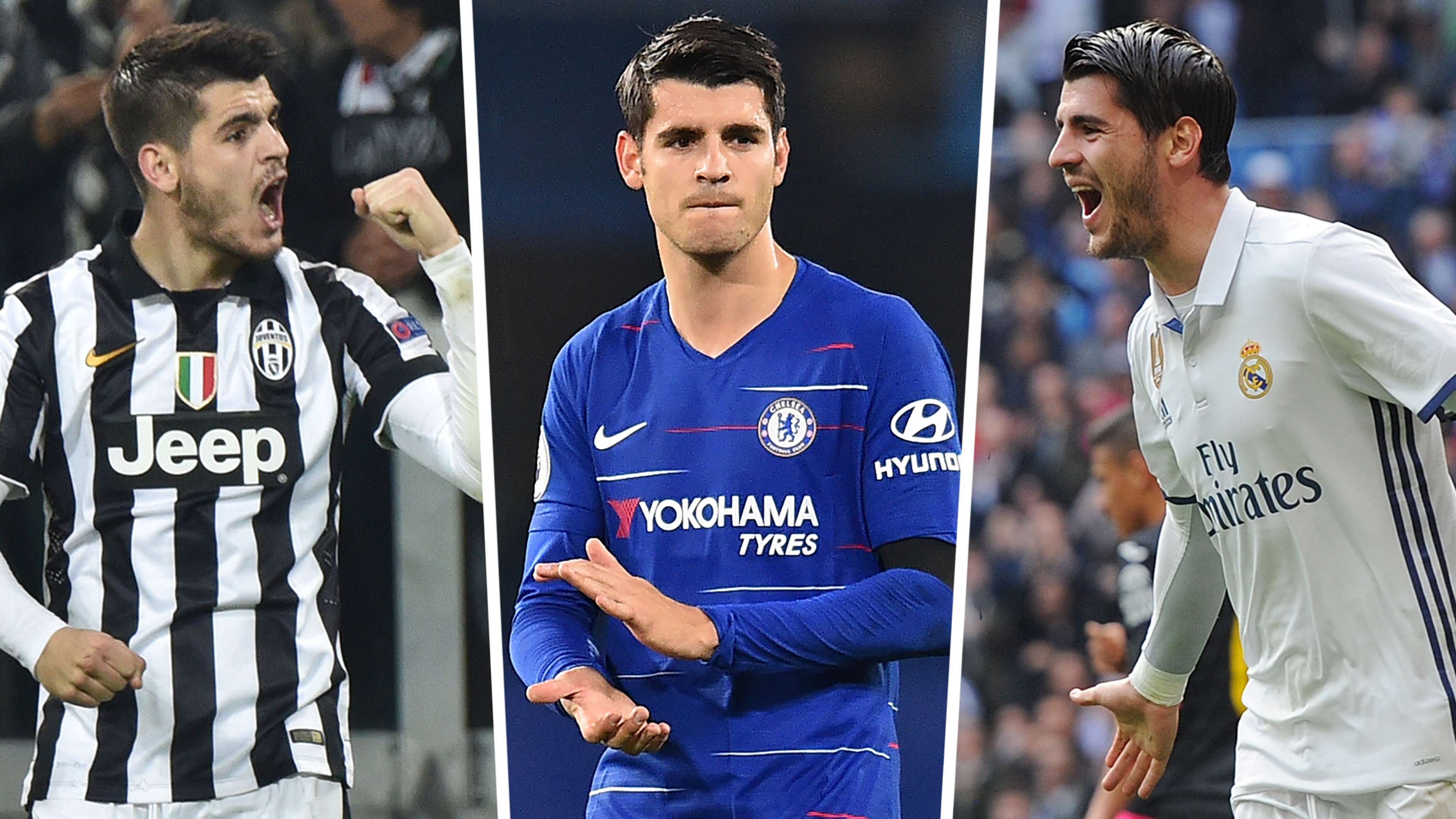


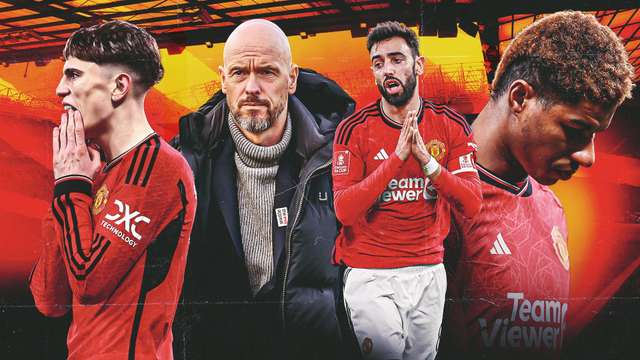
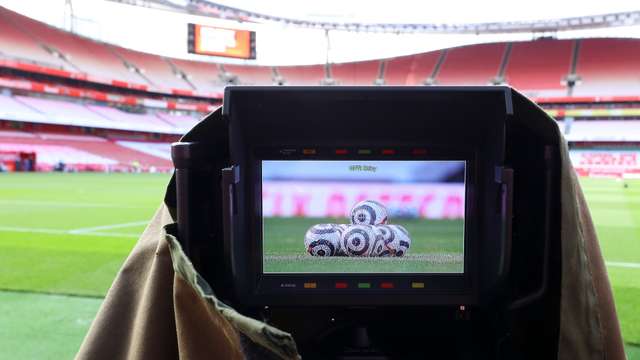
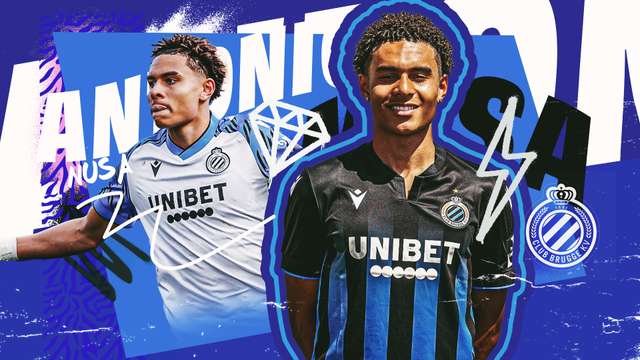
-min.png?auto=webp&format=pjpg&width=640&quality=60)